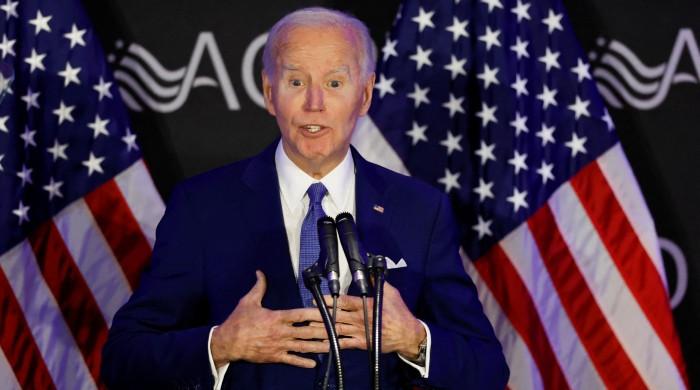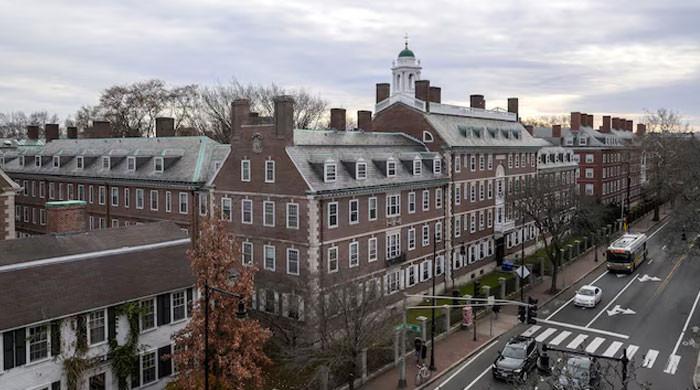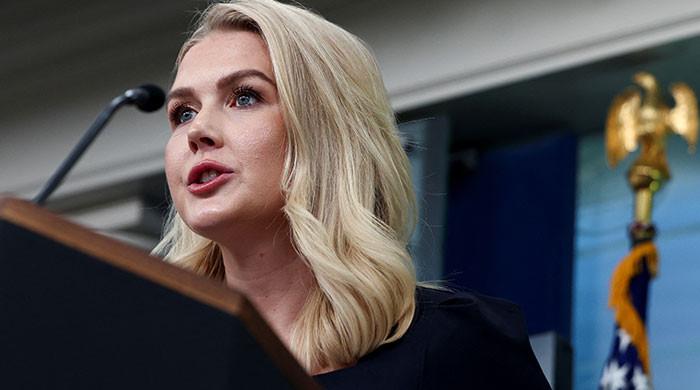Home Office's actions affected nearly 34,000 migrant students, UK court informed
The Home Office accused the students on "unreliable" evidence, students' lawyer tells court
March 05, 2021

- UK Home Office accused nearly 34,000 international students of cheating TOEIC.
- The Home Office accused the students on "unreliable" evidence, students' lawyer tells court.
- Judgment to have substantial consequences for any individual affected, he says.
LONDON: Nearly 34,000 international students were affected unfairly when the Home Office revoked visas of students based on misleading and confusing evidence.
The comments came during a court hearing, where both the president and the vice-president of the Upper Tribunal heard legal arguments on behalf of thousands of students that the UK Home Office relied on “unreliable” evidence while accusing nearly 34,000 international students of cheating in the English language portion in the Test of English for International Communication (TOEIC).
The UK Home Office began action after BBC’s Panorama in 2014 revealed in an investigation that cheating was widespread in some colleges where candidates attempted the TOEIC to prove their English language proficiency — a visa requirement by the Home Office.
The action against the Home Office centres around arguments of students and their lawyers that while there may have been some abuses of the system but this was unfair and disproportionate to target nearly 60,000 plus students based on evidence that was questionable on its strength and credibility.
The ETS issue has been ongoing since 2014 due to which as many as 60,000 visas were cancelled by the Home Office and thousands of migrants were removed by the UK Government in the aftermath.
Those affected include thousands of students mainly from India, Pakistan, Bangladesh, and African nations.
Barrister Rashid Ahmed, a specialist in public and human rights law, and Barrister Zeeshan Raza of 2 Kings Bench Walk represented one of the Appellants in the Educational Testing Service (ETS) deception case.
Barrister Rashid Ahmed and Zeeshan Raza, in their representations submitted to the president, said the fundamental issue has always been with the quality of the secretary of state's evidence and whether the government can discharge the burden of proof in alleging deception against any given individual.
Both Barrister Rashid Ahmed and Zeeshan Raza argued before the president and vice-president of the Upper Tribunal that the evidence relied upon by the Home Office has multiple shortcomings.
The court has heard that the genuinely affected students were led with no remedy as a result of the actions of the Home Office.
Campaigners have said the whole exercise was a scandal as 2,468 of those who were branded “cheats” had been forcibly removed from the UK; the removal action is continuing and over 4,000 of those who were accused of cheating had been granted leave to remain and hundreds are involved in legal challenges against the Home Office.
Barrister Rashid Ahmed, explaining the matter to the Upper Tribunal, said he had argued the case of an Indian citizen. Her leave was refused on the alleged ground that the Appellant had submitted fraudulently obtained documents. “This was predicated on the previous use of a TOEIC English language certificate.”
Barrister Rashid Ahmed said that the Home Office has failed in establishing fraud by the students.
“Migrant Voice were permitted to intervene. The government instructed a QC to represent her interest. The judgment is reserved. The judgment is likely to have [substantial] consequences for any individual affected by the issue,” Ahmed said.











